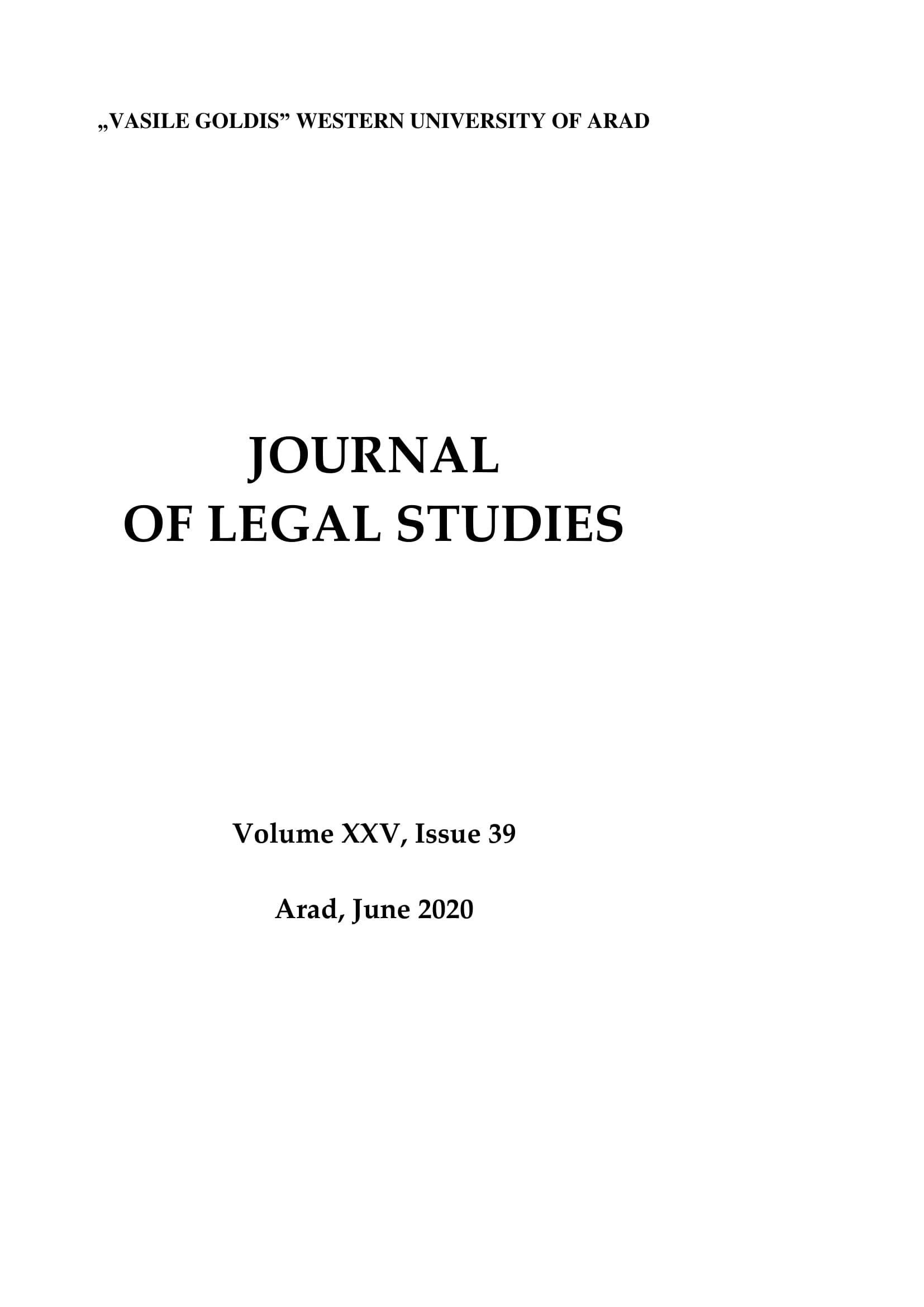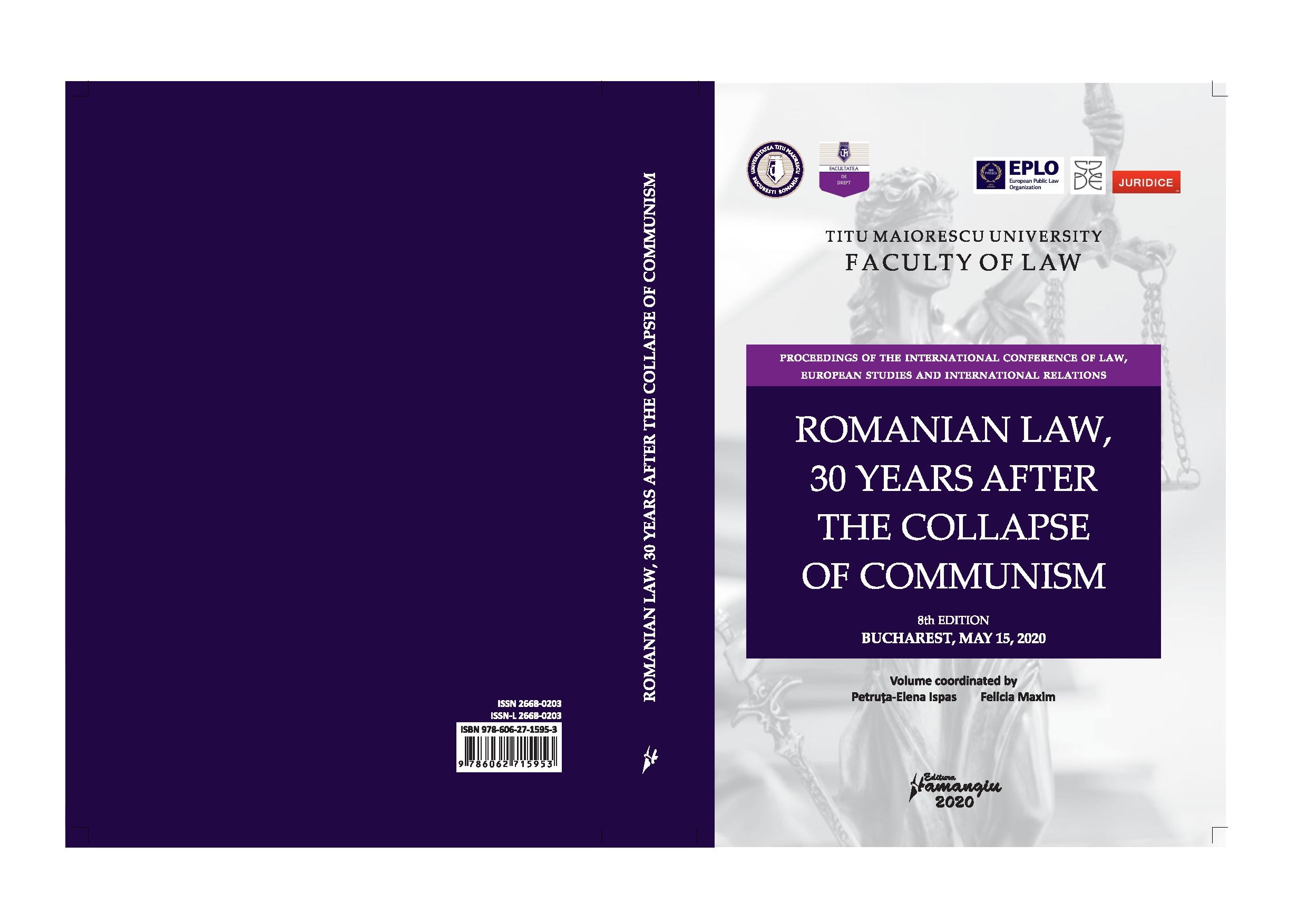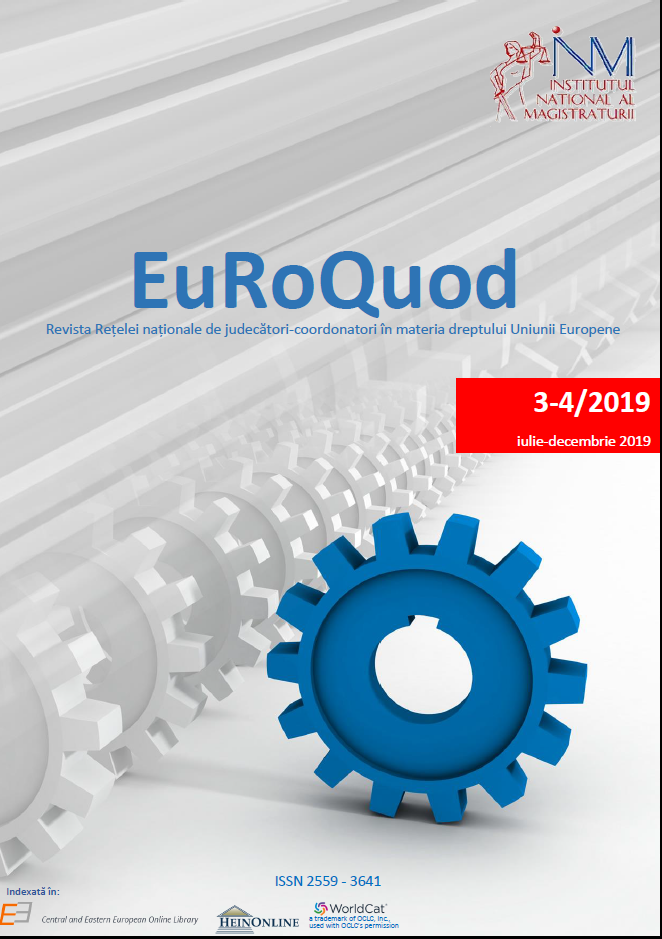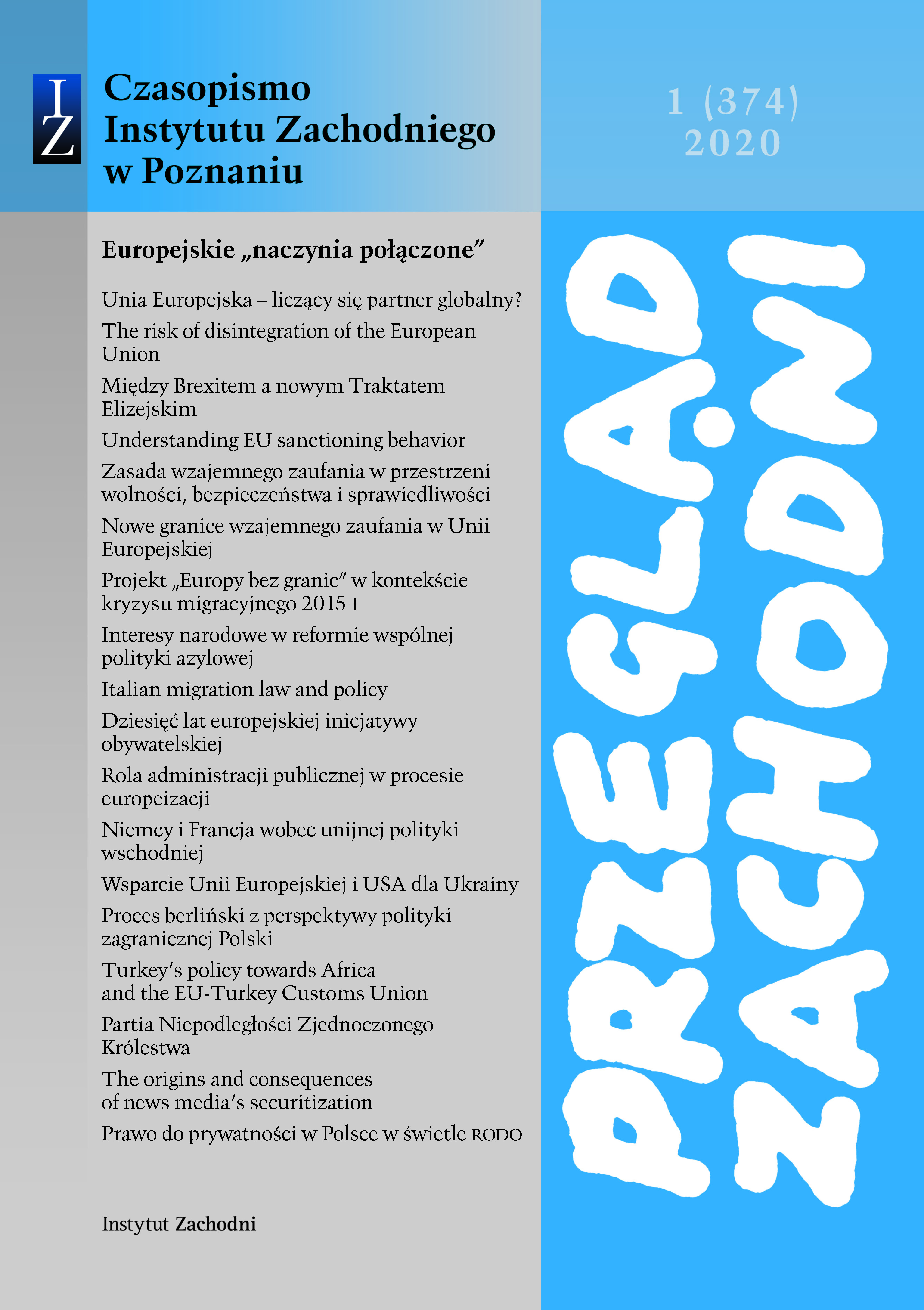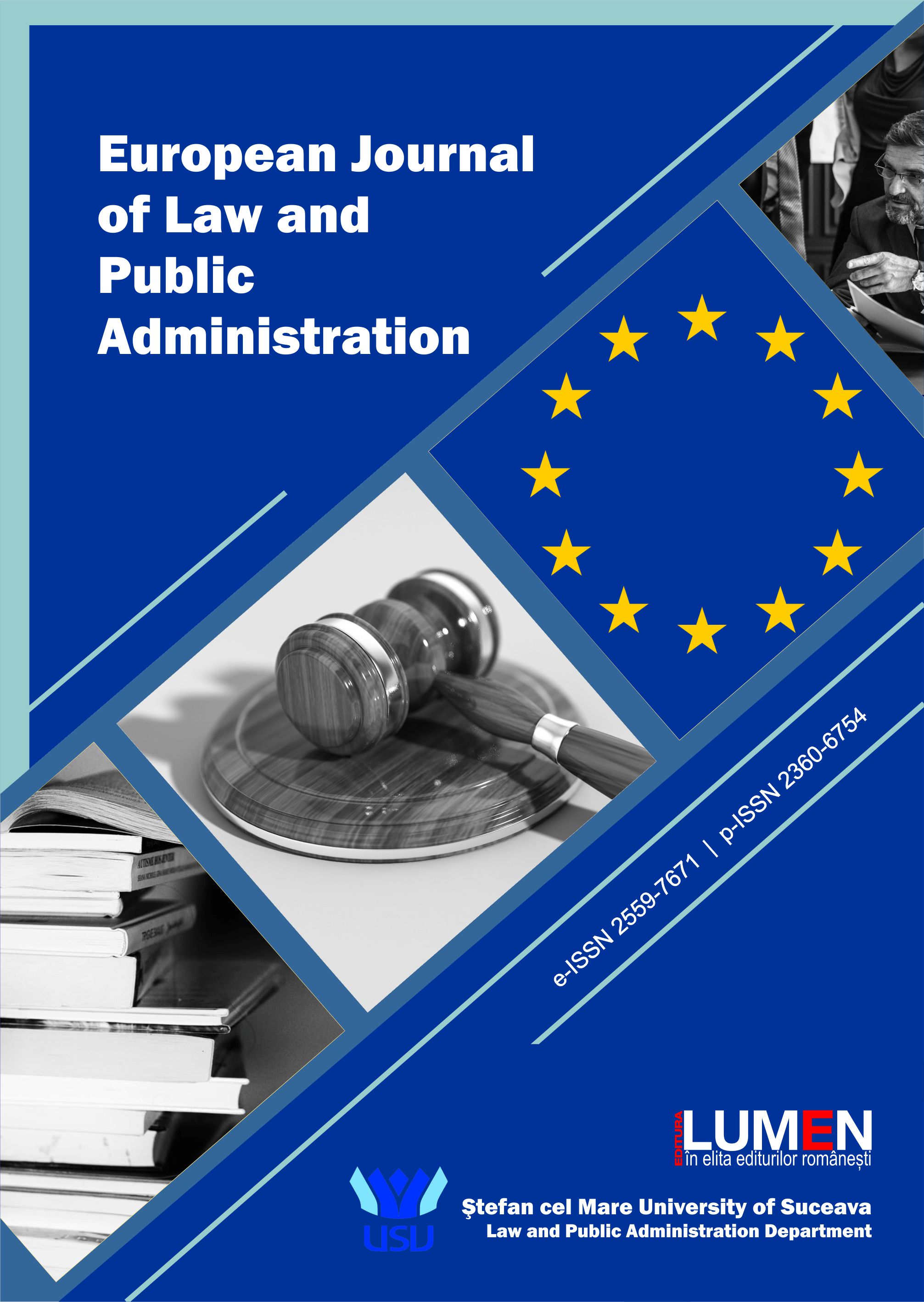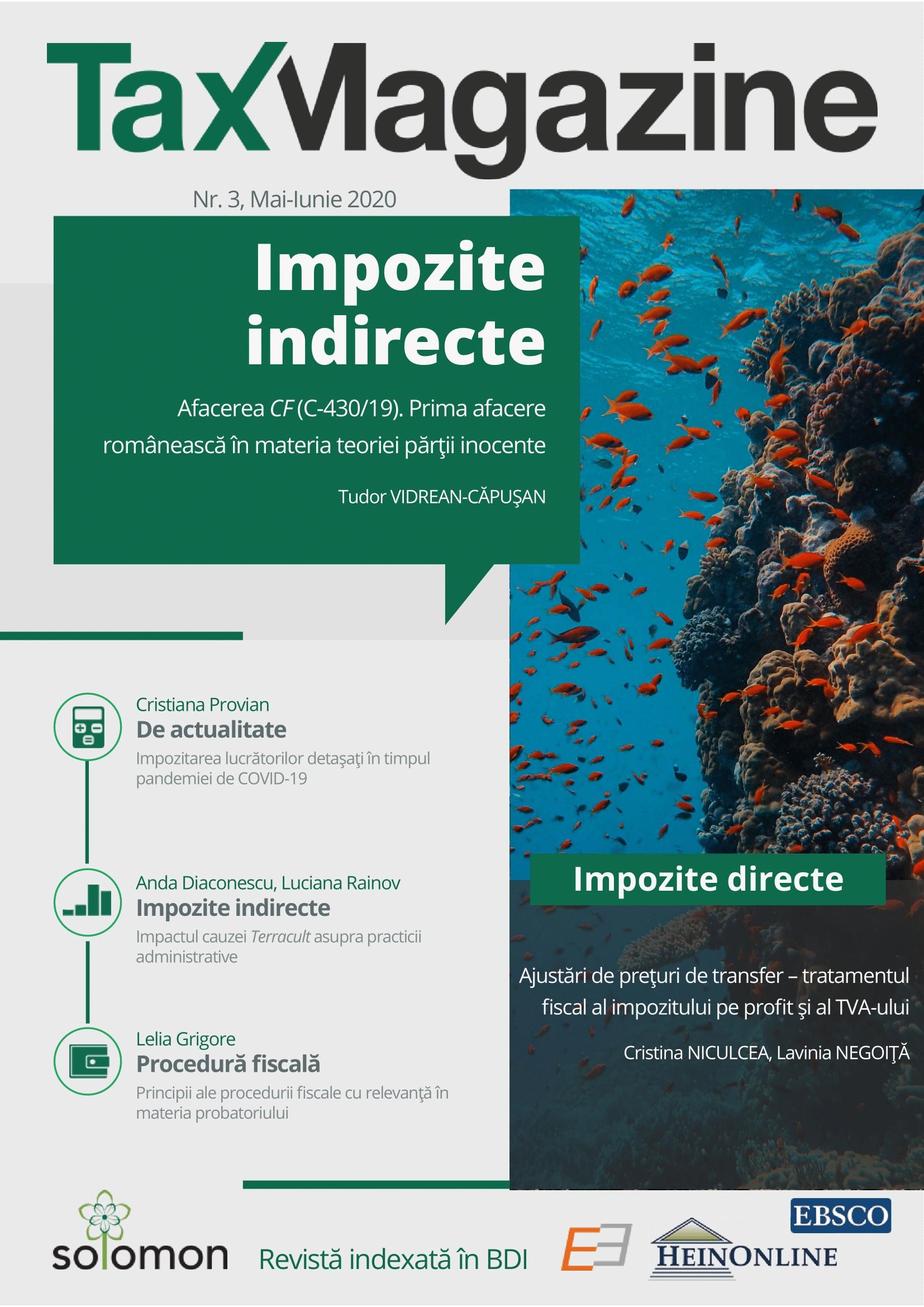Role of Public Administration in the European Integration Process
Good functioning of public administration according to democratic principles and civic demands gives meaning to the contemporary state. States aspiring to join the European Union (as well as those that are members of the EU) should engage with a constant priority in the organization and functioning of public administration. The European Union has managed to set the principles for public administration and engages in strengthening the European Administrative Area by promoting the principles of administrative law and its development in order to ensure civic rights in relation to the state through the administration. The EU has not created the acquis communautaire for public administration but has accepted and is developing standards according to the principles of public administration. The EU public administration commitment aims at preparing states to successfully implement the acquis communautaire by seeking functional and competent public administration. In the European integration process (and after integration), public administration has a key role, so the EU focuses on the priority in this area by assessing achievements and recommendations through the Progress Report and OECD/SIGMA. These recommendations aim at the development and functionalization of public administration by the level of development and social evolution to create state sustainability and advancement of civic services.
More...
